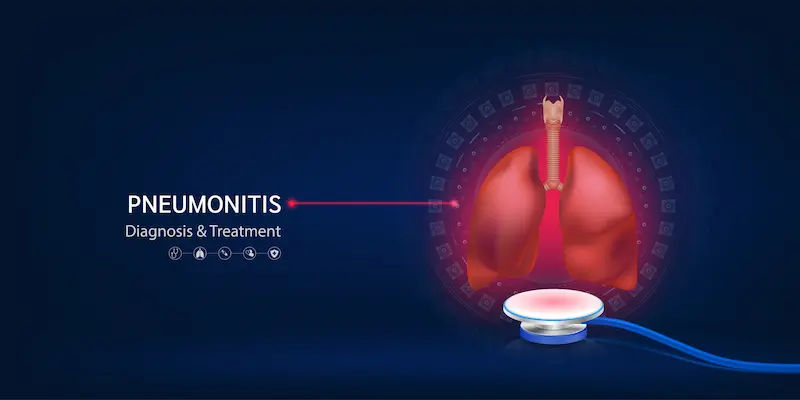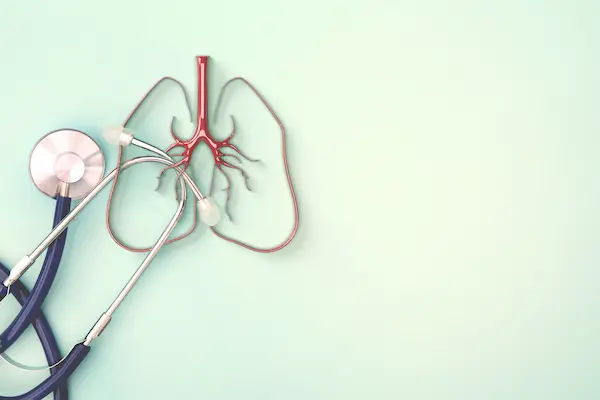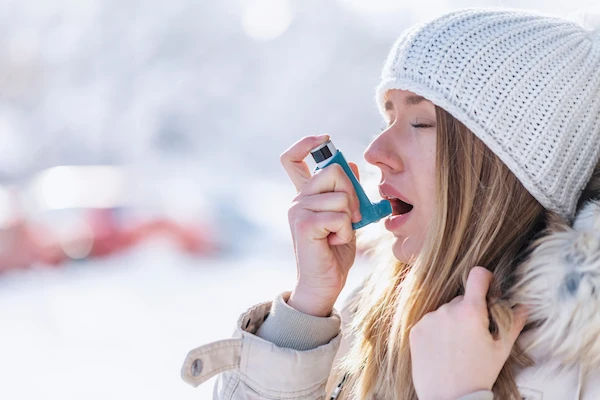- Male
- 47 Years
- 20/02/2025
I'm a bit confused about the medication my doctor prescribed. They've asked us to take INH 150, Rcinex 450, and Ethambutol 400. But here's the thing, Rcinex already contains 300mg of isoniazid. Should we be adjusting the dosage or is there something I'm missing here? It's just a bit worrying, and I want to make sure we're doing the right thing.
Answered by 1 Apollo Doctors
revise the dosage again
Dr. Kareemulla Suggests...
Consult a Pulmonology Respiratory Medicine Specialist
Answered 04/07/2025
0
0

Ask Apollo
AI powered Health Chatbot
-
Understanding Your Current Medication Dosage
- You are taking a total of 400mg of isoniazid daily (100mg from INH 150 and 300mg from Rcinex 450).
- Standard isoniazid dosing for tuberculosis is typically 5mg/kg daily, not exceeding 300mg, so your dose may be higher than usual.
-
Potential Drug Interactions and Overlapping Components
- Both INH 150 and Rcinex 450 contain isoniazid, increasing the risk of overdose.
- Rifampicin and ethambutol are also part of your regimen; they interact with isoniazid but are standard in TB treatment.
-
Importance of Dosage Adjustment and Monitoring
- Dosage adjustment may be necessary to prevent isoniazid toxicity.
- Watch for side effects like nausea, fatigue, or jaundice, which may indicate overdose.
-
Recommended Actions
- Consult your healthcare provider to review your medication regimen.
- Consider blood tests or liver function monitoring.
- Do not adjust doses without professional advice.
-
Summary and Patient Safety Tips
- Correct dosing is crucial for effective treatment and safety.
- Report any unusual symptoms to your doctor immediately.
Recommended next steps
Take a CBC Test (Complete Blood Count) Test or Take a LFT (Liver Function) Test Test
Answered 10/09/2025
0
0

More Pulmonology/ Respiratory Medicine Health Queries
View allI'm really anxious because I got a positive result after taking a TB Gold Standard test for my UAE work visa, but I'm not showing any symptoms at all. Could there be any connection between this result and HIV, even though my HIV test came back negative? I'm really worried and need some clarification on what's happening.
not related
Answered by 1 Apollo Doctors
I'm really worried about my constant coughing and breathlessness, especially when the seasons change. It gets so bad that walking even a short distance is tough for me. Could this be something serious, and what should I do about it?
start asthalin inhaler in such seasons
Answered by 1 Apollo Doctors
I'm really concerned because I've been dealing with a cough for the past 23 months. I've seen a few doctors, but nothing seems to be improving. It's really frustrating. Can you tell me what might be going on or suggest what I should try next?
ascoril syrup
Answered by 1 Apollo Doctors
Disclaimer: Answers on Apollo 247 are not intended to replace your doctor advice. Always seek help of a professional doctor in case of an medical emergency or ailment.





